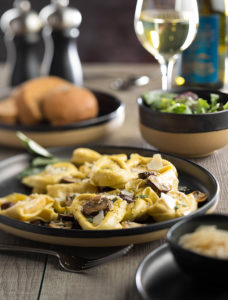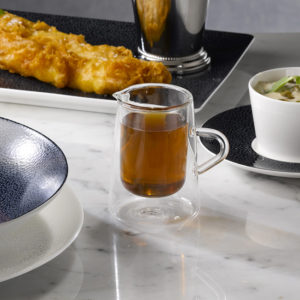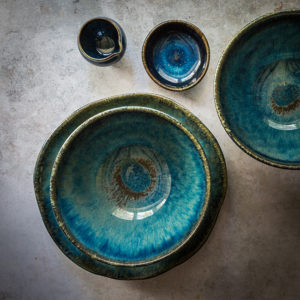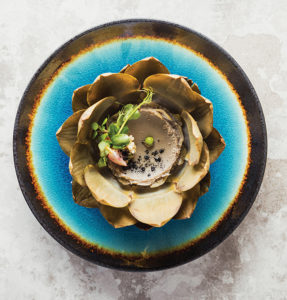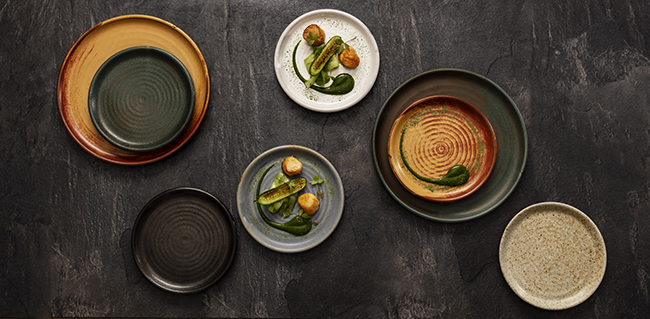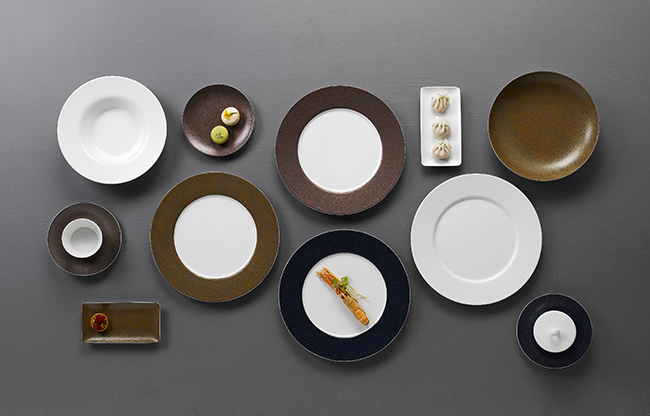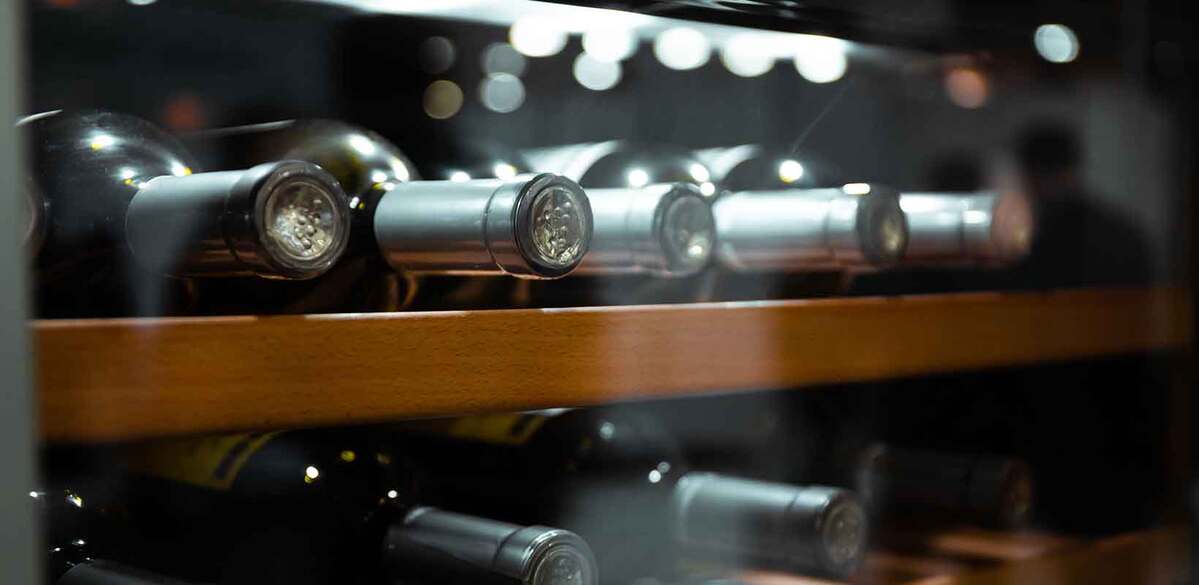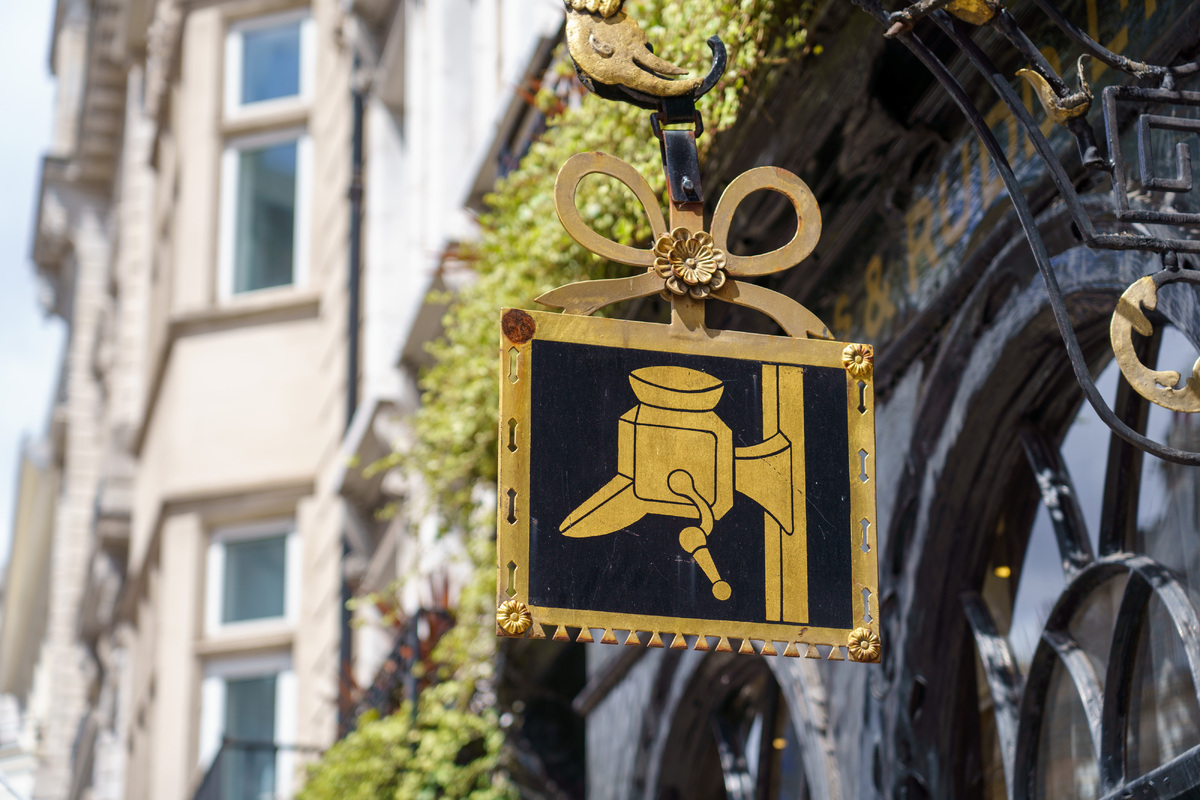A lot on one's plate: the latest trends in tableware
With competition across the industry heating up, an operator's choice of tableware can make all the difference when it comes to enhancing customer's perceptions and achieving a higher price point. Angela Frewin finds out more
Gone are the days when it would be all white on the night and operators heaped meals on one style of (usually round) porcelain plates in a couple of sizes. The rising influence of social media, street food and sharing dishes is spurring caterers to mix and match an expanding palette of colours, materials, textures, shapes and sizes to both stand out and reflect their brand ethos.
"After the food itself, presentation is the most important part of the food offering and it is becoming more and more important as diners wish to share their experience on social media," says Artis marketing manager Gill Head.
As David DiGioacchino, front-of-house customer proposition manager at Nisbets, points out: "The average 18- to 35-year-old spends a collective five days a year browsing food images on Instagram, and 30% of them admit they would avoid a restaurant with a weak Instagram presence." Operators can, of course, use this to their advantage, using Instagram and Pinterest for inspiration as well as advertising.
"A dish must play to all senses. Food ticks the taste and smell box, but tableware will play to sight and feel," observes Surrey Ceramics managing director Chris Greenaway. "One shape, texture or colour isn't superior to others; it's about what's right for the food being presented."
All shapes and sizes
White â" the classic blank canvas for chefs â" retains its timeless appeal and is now available in what Rob Blunderfield, marketing manager at Parsley in Time, views as an âunprecedented number of shapesâ â" triangular, square, oval, oblong or âorganicâ â" as well as a variety of finishes and textures.
But itâs now more likely to be mixed with the muted, matt and brightly patterned options that featured strongly at CESAâs recent tableware forum. âMix and match not only adds to the theatre of the tabletop, it also lets you freshen things up inexpensively by mixing new crockery items with old ones,â adds Goodliff.
Asian and fusion foods have popularised brightly coloured and patterned plates, says Goodliff. But operators tapping into popular Mexican, Middle Eastern and street food-style menus will also require an expanded range of plates and â" especially â" bowls of differing diameters and depths, adds Hendi brand manager Antony Ward: âOnce upon a time a 10oz bowl was acceptable, but now operators desire as little as 5oz for tasting menus or tapas-style dining.â
âSharing is a big trend and it was highlighted at the CESA Forum with the launch of dishes and bowls designed for âsmall platesâ and tapas, and big, sharing platters,â notes Goodliff. Hendiâs large enamel dishes and wooden and slate inlay boards are ideal for big platters, while Blunderfield suggests deep rectangular dishes, natural-edged slates, paddle boards or marble slabs. Larger plates are also being used to frame individual serves, notes Oldershaw at Utopia, which has added a 30cm plate to its strengthened terracotta Fuji range of raw, textured, almost volcanic-look pieces in dark earth or pale dappled colours.
âBuffets are big, too,â says Goodliff. âThe Forum saw many different takes on the modular buffet display concept, from simple wood blocks with shelves over and trays under, to clever systems that can be configured and adapted to fit a wide range of applications.â
Oh my glaze
The drive for differentiation means suppliers like Artis are often asked to personalise porcelain to match an operatorâs decor. Surrey Ceramics handcrafts and glazes bespoke ceramic crockery at its Grayshott pottery, and Greenaway says that unique, high-quality tableware and irregular, organic artisan-style shapes enhance customersâ perceived quality of a dish â" and the price they are willing to pay.
Conversely, while it remains a âMarmiteâ product, melamineâs durability and price means the once-scorned material is now actively sought after by operators who are, says Goodliff, either mixing it with porcelain or using it as their core tableware range.
Operators have the benefit of a wealth of options, but itâs important not to get too carried away. Greenaway detects a move towards simpler tableware as higher-end restaurants seek a more relaxed setting in which to serve âmore friendly, less intimidatingâ dishes.
Blunderfield similarly sees signs of a backlash against the âweird and wonderful shapes and materialsâ now used to create interest and drama. âTableware presentations have included wood boards, slates, and even car hubcaps, shoes and dustbin lids instead of plates,â he notes.
âMore recently however, there has been a swing from table theatre to a more conventional style, where diners are looking for restaurants, pubs and bars to serve their food on an actual plate. The trend has been highlighted by the #wewantplates Twitter campaign, where diners seem to be expressing their frustration about unconventional tableware. Maybe itâs gone too far!â
Keep it green
But there are other factors other than aesthetics to consider when it comes to tableware. âEco is also on-trend, and not before time,â Goodliff adds. Reusable, collapsible cups, glassware and porcelain made from recycled materials and robust paper straws were in strong evidence at the CESA Forum.
The sustainability and recycling trends underlie two green options from Parsley in Time â" durable, robust and compostable tableware made from naturally fallen palm leaves and sturdy Bagasse plates and bowls made from recycled sugarcane fibre that are microwave- and dishwasher-safe. And Greenaway at Surrey Ceramics, which uses UK clays processed in Stoke, finds the rising consumer interest in provenance and locally grown â" even home-grown â" ingredients spilling over into demand for British-made crockery.
Canvassing support
Nisbetsâ new premium crockery collection â" Olympia Canvas â" was designed to âinspire chefs as well as serve their dishesâ says DiGioacchino.
Each piece is individually handcrafted for an artisanal feel and given a reactive glaze for a unique finish, while shapes span the classic to the cutting edge. Bold colourways mirror the shift towards darker plates that draw out the colours in vibrant ingredients, including fiery Sienna Rust, Blue Granite, Green Verdigris and Delhi Black.
They are also Instagram-ready, adds DiGioacchino: âMatt and satin finishes feature in the range, popular for how well they photograph compared to highly polished glazes, which can distort how a dish looks in real life.â
Sensual cutlery
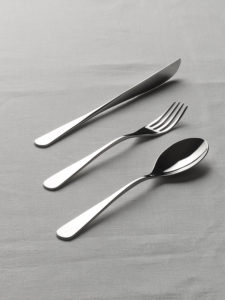
This underlies the Audrey collection (pictured) of light, elegant, polished cutlery. Its Sushi Pro range, which sports satin-finished blades and ABS plastic handles in a chilled blue, white or black, tap into the tableware trend for calming blue and green mineral colours.
Its new Tie and Trumpet mirror-polished range satisfies the growing demand for smaller versions of its standard products for tasting menus and afternoon tea.
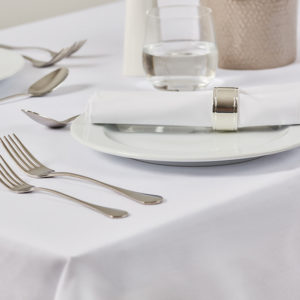
White remains the gold standard for table linen. As Phillip James, Mitre Linenâs head of procurement, points out: âA crisp, white tablecloth sets an expectation of elegance and sumptuous dining for a guest.â
The group offers two premium ranges of white tablecloths and napkins. The 100% cotton Mitre Satin Band offers the added strength and visual appeal of satin bands, while Luxor 100% cotton damask linen, hemmed on two edges, features an ivy leaf pattern mercerised for strength and shrink-resistance.
For restaurants turning over multiple covers per sitting, the polyester Mitre Occasions range (available in burgundy or black as well as white) is quick drying and anti-crease for a speedy changeover.
Pearly whites
Artis has expanded its premium Purity Pearls line of textured statement plates with new shapes, sizes and colourways. The design features a tactile, raised-relief pearl pattern in light, dark, copper and metallic gold colours.
The enlarged range includes solid-colour coupe bowls and round and rectangular plates, along with white-centred, colour-rimmed saucers, bowls and round plates.
It can be mixed and matched with the complementary Purity by Bauscher white porcelain collection.
Both ranges are made of Noble China, which is fired at 1,400ºC to create delicate yet robust tableware with an extremely hard glaze.
Suppliers
Artis www.artis-uk.com
CESA www.cesa.org.uk
Hendi UK www.hendi.co.uk
Mitre Linen www.mitrelinen.co.uk
Nisbets www.nisbets.co.uk/olympiacanvas
Parsley in Time www.parsleyintime.co.uk
Signature FSE www.signature-fse.com
Surrey Ceramics www.surreyceramics.com
Utopia www.utopia-tableware.com




